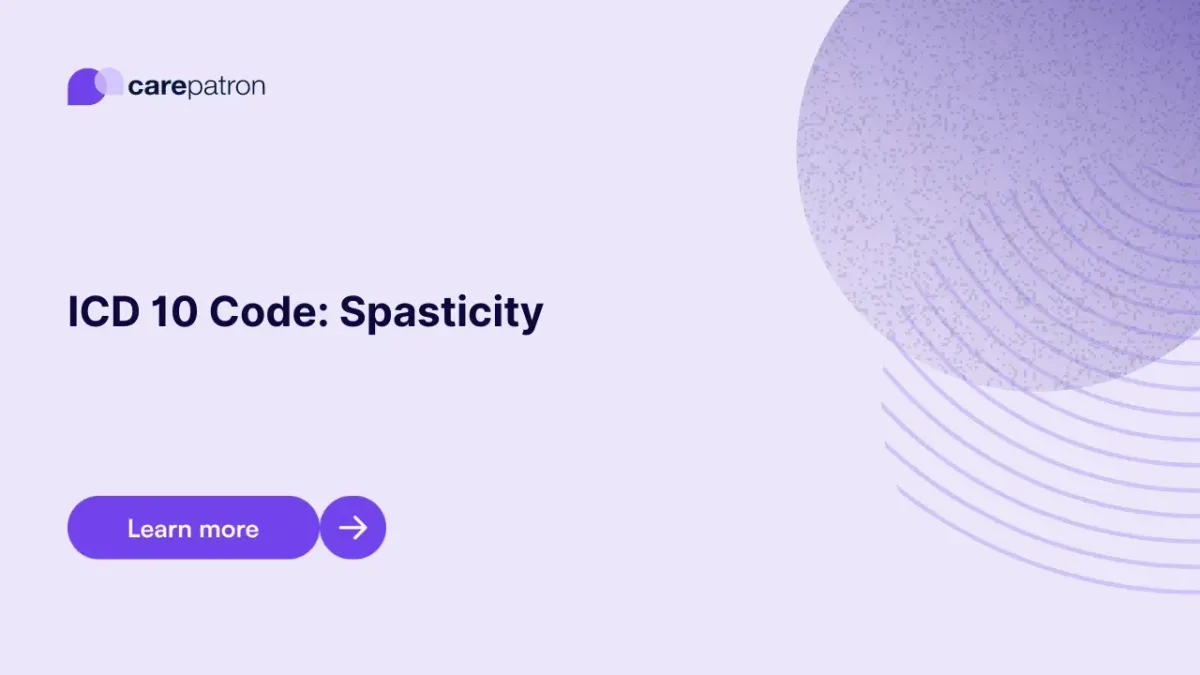
Spasticity ICD-10-CM Codes
Delve into the comprehensive guide on Spasticity ICD codes for 2023. Understand the codes, their billability, and their clinical significance.
Use Code
Commonly asked questions
While both involve involuntary muscle contractions, spasticity is a continuous contraction due to an imbalance in the inhibitory and excitatory stimuli to the muscle, whereas a spasm is a sudden, temporary muscle contraction.
The severity of spasticity can change over time, and with appropriate treatment, many individuals experience improvements in symptoms.
Yes, physical therapy and specific exercises can help improve the range of motion, strength, and functional abilities of individuals with spasticity.
EHR and practice management software
Get started for free
*No credit card required
Free
$0/usd
Unlimited clients
Telehealth
1GB of storage
Client portal text
Automated billing and online payments
